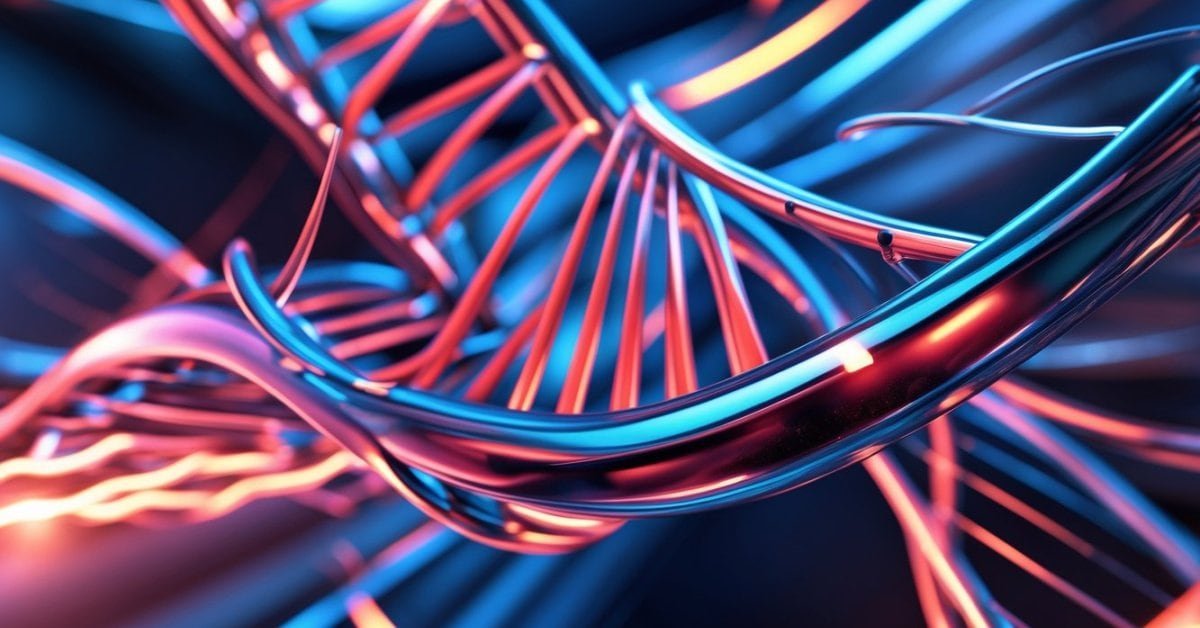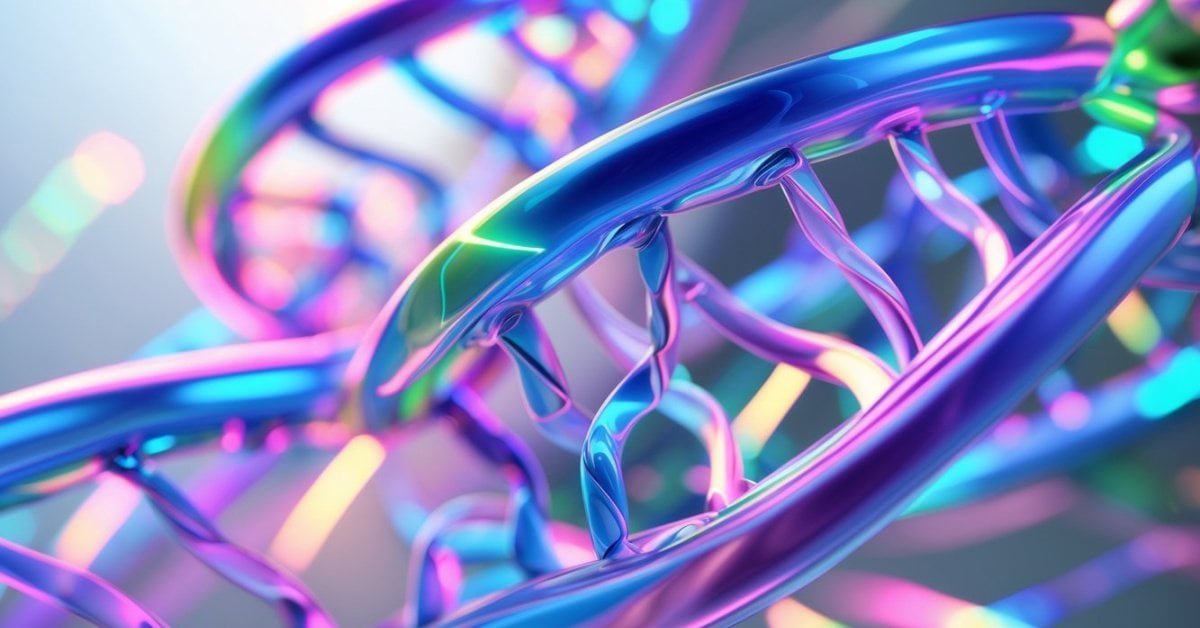Getting an HLA-B27 diagnosis can leave you with more questions than answers. You might feel overwhelmed by the medical terms or unsure about what this means for your future. It’s normal to experience a mix of emotions—relief at having some answers but also worry about what comes next.
You don’t have to navigate this journey alone. Finding the right emotional support can make a huge difference as you process your diagnosis and learn to manage any challenges ahead. With the right guidance and a supportive community, you can take steps to feel more confident and less isolated.
Understanding HLA-B27: What the Diagnosis Means
Learning you’re HLA-B27 positive connects you to a unique genetic marker linked to immune system regulation. HLA-B27 doesn’t diagnose a disease by itself; instead, it’s one factor among many increasing your chances for certain autoimmune conditions. Statistically, about 8% of Caucasians, 4% of African Americans, and less than 1% of people with Japanese or Chinese ancestry carry this gene [NIH Genetics Home Reference]. Many never develop related conditions.
Testing positive for HLA-B27 most often relates to spondyloarthropathies, including ankylosing spondylitis, reactive arthritis, psoriatic arthritis, and uveitis. Some people, like myself, live with HLA-B27 without overt symptoms. Others receive this diagnosis after symptoms—joint pain, stiffness, or eye inflammation—prompt further testing.
Diagnosis gives you insights but not certainties. Many manage their health proactively and delay or even prevent severe symptoms, especially when staying informed about new therapies, lifestyle adjustments, and personalized care. Your lived experience matters. Daily decisions—from sports activity to diet—shape your well-being alongside your genes.
Living with HLA-B27 means understanding both risks and opportunities. Connecting with others and drawing from various medical and natural approaches, you can explore solutions that fit your individual needs.
The Emotional Impact of an HLA-B27 Diagnosis
Getting an HLA-B27 diagnosis sometimes triggers strong emotions, especially if you value staying active and informed. Insights from both clinical practice and personal experience allow for a direct approach to understanding your feelings and building a solid foundation for support.
Common Emotional Responses
Feeling overwhelmed by an HLA-B27 diagnosis often connects with several key emotions:
- Confusion: Processing your positive HLA-B27 result can feel confusing, especially when not everyone develops symptoms or related conditions.
- Worry: Experiencing anxiety about possible joint problems, future treatments, or limitations on sports and daily activities is common.
- Relief: Receiving a clear explanation for your symptoms after months or years without answers can bring a sense of relief.
- Frustration: Coping with unpredictable symptoms, inconsistent lab results, or lack of understanding from others sometimes leads to frustration.
- Isolation: Realizing you carry a genetic marker linked with chronic illness can spark feelings of isolation until you connect with knowledgeable support networks.
Coping with Uncertainty and Fear
Dealing with the unknowns of HLA-B27 means finding practical, reliable strategies:
- Seeking Out Knowledge: Learning about HLA-B27, tracking research on lifestyle interventions, and exploring conventional and naturopathic solutions help provide control and reduce anxiety.
- Building Your Support Network: Bringing friends, family, health professionals, and online groups into your circle gives you spaces to share experiences and new coping options.
- Focusing on What You Can Control: Staying physically active, managing inflammation, and making changes to your nutrition or routines lets you positively influence your health, even if aspects of HLA-B27 remain uncertain.
- Addressing Mental Health Proactively: Recognizing early signs of stress or low mood, and using mindfulness, counseling, or physical outlets like sports, strengthens your emotional resilience.
Staying curious and open to innovative approaches supports both your physical and emotional health after an HLA-B27 diagnosis. Sharing your journey, seeking community, and mastering new coping skills help you move forward with confidence.
Strategies for Coping with Diagnosis
Strategies for coping with an HLA-B27 diagnosis include building support, engaging professionals, and prioritizing your well-being. These strategies foster resilience and help you adapt to new challenges.
Building a Support System
Building a support system for living with HLA-B27 means connecting with people who understand your experience. Join online communities like the Spondylitis Association of America forums where thousands share their stories and discuss daily management for HLA-B27 positivity. Attend local or virtual support groups to link with others facing similar symptoms such as joint inflammation or fatigue. Reach out to trusted friends and family and share your diagnosis, so they learn how to offer meaningful assistance. Let your support circle know specific ways they can help, for example, accompanying you to appointments or simply listening after a tough day.
Seeking Professional Help
Seeking professional help guides you in managing life with HLA-B27 more effectively. Partner with a rheumatologist to monitor autoimmune symptoms like back stiffness, which sometimes appears with HLA-B27. Schedule regular check-ins to evaluate therapy options, such as anti-inflammatory medications, physical therapy, or alternative treatments. Consult mental health professionals specializing in chronic illness, because anxiety and depressive symptoms affect many managing long-term diagnoses. Explore integrative strategies with qualified naturopathic providers if you’re interested in supplements or nutrition adjustments—examples include omega-3 fatty acids or turmeric, which some studies link to reduced inflammation. Keep communication open so your health team tailors interventions to your medical and personal needs.
Self-Care and Stress Management
Self-care and stress management practices help balance your physical and emotional health with HLA-B27 positivity. Develop a consistent movement routine approved by your healthcare provider—gentle yoga, swimming, or walking support flexibility and mood. Practice mindfulness daily using breathing exercises, short meditations, or nature walks; several clinical trials highlight reduced perceived pain with these interventions. Prioritize sleep, since quality rest regulates inflammatory signals and energy. Try journals or creative outlets to express feelings about your diagnosis and track flare-ups or timing of symptoms, supplying helpful insights at specialist visits. Limit known stress triggers and embrace restorative activities, especially after periods of increased discomfort.
Consistent use of these coping strategies strengthens your resilience and creates a foundation for living fully with an HLA-B27 diagnosis.
The Role of Emotional Support in Living with HLA-B27
Living with HLA-B27 affects more than your physical health. Emotional support directly strengthens your ability to adapt and stay active, both in daily life and in sports or hobbies you love.
Support Groups and Community Resources
Joining HLA-B27 support groups connects you to people who truly understand the challenges you face, from dealing with symptoms to searching for integrative therapies. Local arthritis foundations, online platforms like the Spondylitis Association of America, and sports-related forums give you practical advice tailored to your needs. Peer discussions often reveal solutions you might not find in clinical settings, such as tips for balancing physical activity with day-to-day comfort.
Participating in these spaces provides a sense of belonging and a place to share new approaches, dietary experiments, or movement routines that others have found useful. You can quickly find which naturopathic or physician-developed strategies align with your interests, whether you focus on supplements, stress reduction, or staying in the game with joint-friendly sports.
The Importance of Open Communication
Openly communicating about your HLA-B27 experience makes a difference in how well others can support you, both emotionally and practically. Telling your friends, family, and healthcare team about the ups and downs lets them offer encouragement, adjust their expectations when needed, and help you find new solutions together.
Clear conversations with healthcare providers let you co-create strategies that reflect your lifestyle, goals, and evolving interests. Sharing your mental and physical symptoms early often leads to timely adjustments in therapy. When everyone in your circle understands your diagnosis, the path to managing flare-ups or balancing social activities with self-care becomes much smoother.
Conclusion
Finding your way after an HLA-B27 diagnosis can feel overwhelming but you’re not alone on this journey. Emotional support is just as important as medical care so don’t hesitate to reach out and share your story.
Lean on your community and keep exploring what works best for you. Every step you take toward understanding and connection builds strength and confidence for the road ahead.





